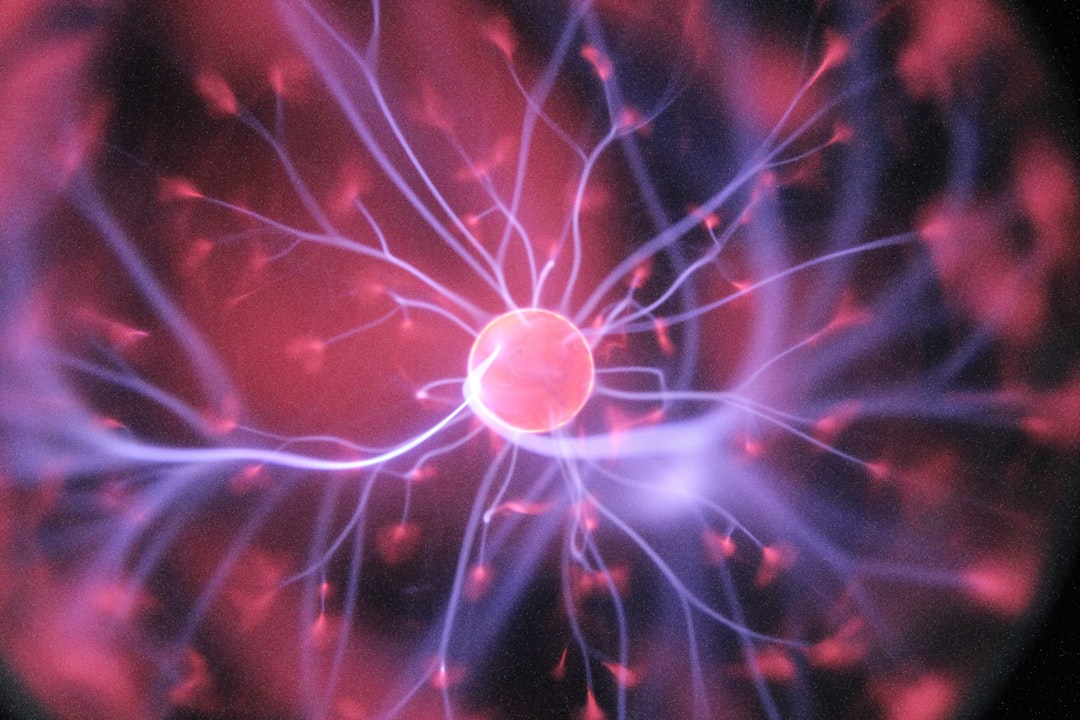What is it about?
In this study, we use neuroimaging methods combined with a novel task to explore when people make the decision to be honest or to cheat. We find that neural responses associated with the anticipation of reward promote cheating, particularly for participants who cheat a lot. In addition, we found that a network of regions linked to self-referential thinking processes promotes honesty, particularly for more honest participants. Last but not least, our main contribution was to explore what happens in the brains of honest participants when they decide to cheat and which neural processes underlie a cheater's decision to be honest. We discovered that areas associated with cognitive control helped honest people to cheat sometimes while the same regions enabled honesty for cheaters.
Featured Image

Photo by Jordan McQueen on Unsplash
Why is it important?
These novel insights shed light on the nature of human honesty from an individual’s neurobiology to the collective level which may contribute to the development of effective interventions to reduce self-serving dishonesty.
Read the Original
This page is a summary of: Cognitive control increases honesty in cheaters but cheating in those who are honest, Proceedings of the National Academy of Sciences, August 2020, Proceedings of the National Academy of Sciences,
DOI: 10.1073/pnas.2003480117.
You can read the full text:
Contributors
The following have contributed to this page










